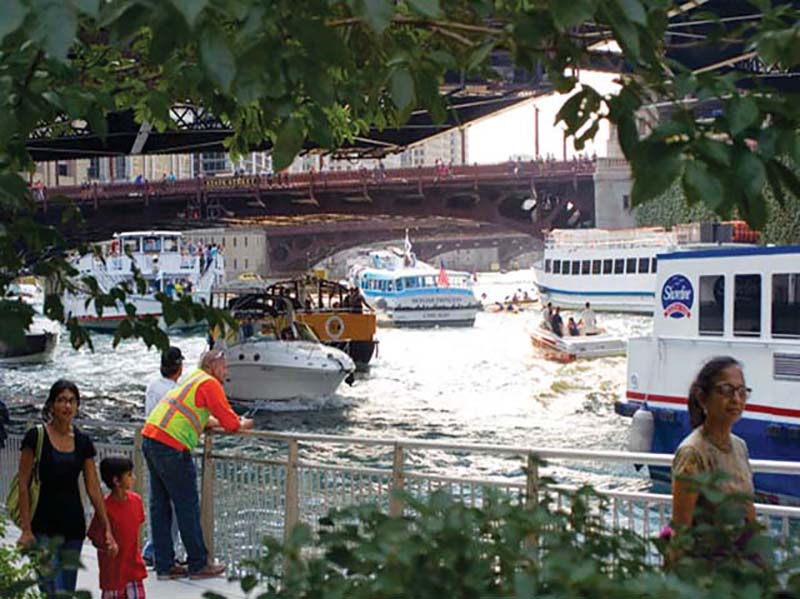I was recently invited by the Coast Guard’s 8th District 8 to participate in a sharing the waterway symposium in Lexington, Ky., at the National Association of State Boating Law Administrators. NASBLA helps develop public policy for recreational boating safety and represents the recreational boating authorities of all 50 states and the U.S. territories.
This was an important meeting, bringing needed attention to the issue of congested waterways on our nation’s inland river system.
The meeting was attended by Coast Guard leaders, state boating regulators, representatives from the Passenger Vessel Association, the American Canoe Association as well as commercial operators from throughout the region. We discussed the challenges of the nation’s increasingly congested waterways, potential safety concerns, and how best to educate the pleasure boating community about rules of the road, the navigable channel, and the difficulties mariners face when encountering inexperienced recreational boaters.
During the course of these discussions, I recognized the enormity of the problem. There are literally millions of recreational users of our waterways. (NASBLA says they represent over 76 million U.S. boaters.) Also, each state’s boating laws and regulations are different. I concluded that commercial operators must do more than just being defensive drivers. We must band together and communicate with the recreational boating community to raise the standards for education and training. We must also urge our federal and state regulators to do more to elevate this issue.
After the symposium, I was encouraged that the Coast Guard and state boating regulators were aware of the issues that surround recreational boating on the navigable waterways. It is clear that there are no easy answers to this issue. Commercial operators will have to continue to stand watch and maintain safety through their training and professionalism.
However, I’m encouraged that we have taken a positive step forward in addressing this important issue.



.JPG.small.400x400.jpg)

